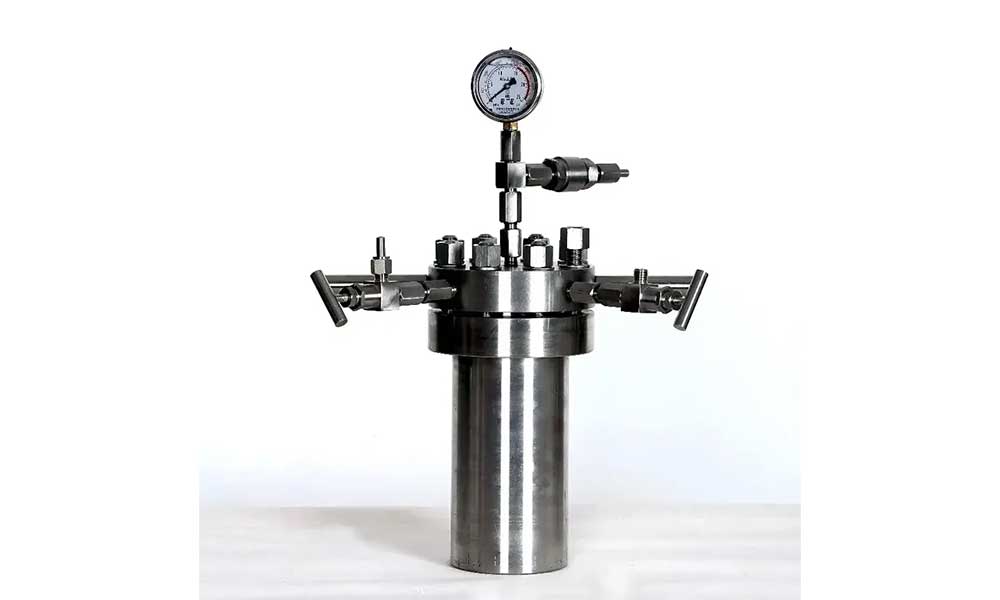
Atommek High-Pressure / Autoclave Reactors
Safe, Controlled Reactions Under Extreme Conditions
Overview
Atommek designs high-pressure / autoclave reactors for R&D and pilot-scale testing under extreme temperature and pressure. These systems are ideal for hydrogenation, polymerization, oxidation, and specialty chemical synthesis.
We collaborate with Gebze University and Reactan Startup to provide research-driven high-pressure solutions.
What is an Autoclave Reactor?
An autoclave reactor is a high-pressure, high-temperature vessel designed for:
- Hydrogenation, oxidation, polymerization
- Specialty chemical synthesis
- High-pressure R&D studies
Key Features & Components
- Pressure Vessel: Stainless steel alloys (316L, other alloys)
- Safety Features: Pressure relief valves, rupture disks
- Thermal Control: Jacketed heating, oil/steam circulation
- Agitation System: High-torque impellers for viscous fluids
- Sensors & Automation: Temperature, pressure, and process monitoring
Areas of Use
- Chemical industry: high-pressure reactions
- Pharmaceutical R&D: synthesis under pressure
- Polymers & specialty chemicals
- Lab-scale process testing for scale-up
Advantages
- Safe operation under high pressure and temperature
- Controlled, repeatable experiments
- Supports research & development before industrial scale
Technical Specifications
| Feature | Autoclave Reactor |
| Capacity | 1–50 L |
| Operating Temperature | –20 °C to 250 °C |
| Pressure | Up to 50 bar |
| Material | Stainless steel alloys |
| Automation | PLC/HMI, data logging |
| Compliance | GMP, ATEX-ready |
FAQ
What is an autoclave reactor?
A high-pressure, high-temperature reactor for reactions requiring extreme conditions.
Why use autoclave reactors?
To safely perform reactions that cannot be done in standard pilot reactors.
Main reactor types?
Batch, CSTR, PFR, Packed Bed, Pilot, Autoclave.
What affects pricing?
Capacity, material, pressure rating, automation, heating/cooling system, complexity.